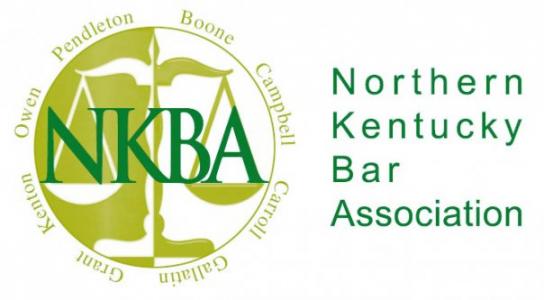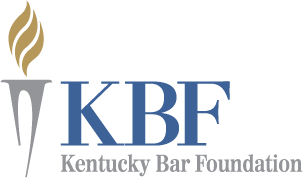Blog
Layman's Guide to Estate Planning

Last Will and Testament:
This is your primary estate planning document. The will allows you to spell out who gets your stuff when you die, who takes care of your minor children, and names an executor who will administer your estate and oversee that the wishes you spelled out in your will are followed through. Without this document, it is not always your spouse who will receive your property. Instead, it could be someone in the family who would rather not have your estate.
The next two documents take effect while you are still living. They're like a fire extinguisher - you hope you never have to use them, but if you need them, they are great to have. These documents are the health care power of attorney/living will and durable financial power of attorney.
Living Will:
In a living will, also known as an advanced medical directive, you spell out your end of life wishes about prolonging medical care such as nutrition, food, or mechanically, such as life support. This document also provides an area to make a decision regarding organ donation.
Power of Attorney (Financial):
By signing a durable power of attorney, you immediately give an agent the power to make financial and legal decisions on your behalf. You can customize the form to allow your agent less powers, for example exclusively allowing them to negotiate the sale of a piece of real estate, or more broadly, such as make banking or retirement transactions on your behalf.
Trusts:
A trust is an arrangement in which one or more individuals or entities manage or take care of property for someone else's benefit. If you have minor children, make sure your will creates a trust and names a trustee to handle the money left to them. There are a multitude of trust types. For example, couples may want to create a trust on the first spouse’s death to care for their minor children, to preserve his or her estate tax exemption, or to protect the money from going to creditors or a new spouse.
Your Executor/Power of Attorney will thank you for leaving the following information:
- Beneficiary Forms:
In any life insurance policies and retirement accounts, including IRA’s and 401(k)s, the beneficiary form you fill out when you take out the policy or open the account determines who gets the payouts when you die, NOT YOUR WILL. Unless you update these documents as your life changes, your assets may not go to the individuals you intend them to, but could go to an ex-spouse or deceased individual. Make sure your beneficiary forms are up-to-date.
- Digital Assets:
It is important to maintain a list of passwords for everything from your credit card accounts to your email accounts. But the important thing is that these passwords be made available in the event that something happens to you. There are several online storage services that can be utilized for that purpose. Give your executor and/or power of attorney instructions on how to find your password list. Always keep this list up-to-date as logins and passwords change.
- Funeral Arrangements:
You can add a provision to your will stating your desire to be buried or cremated and where. You can also consider prepaying your funeral expenses and providing a copy of the arrangements with your estate planning documents. Consider leaving a list of charities you may wish for donations to be made in lieu of flowers.
- Inventory Assets:
Consider leaving your executor and/or power of attorney with an inventory list of your assets and accounts, account numbers, and contact information for each asset. These could include banks, financial institutions, brokerage firms, stocks, bonds, retirement accounts, pensions, real estate, automobiles, collections, and other asset.
- Contacts/Service Providers:
Consider also leaving a list of your personal advisors, bankers, lawyers, CPAs, and clergy. Similarly, provide necessary contacts in order to maintain real estate such as HOAs, utility (gas, electric, phone, cable), and service providers (trash, lawn care, pest control, pool cleaner, chimney sweep, etc.).
A good estate plan helps to create order and harmony in your estate and allows you to protect your loved ones as well as allows them to help you.
Author: Michael K. Ruberg, Esq. maintains a comprehensive practice to assist you in preparing and organizing your estate planning documents, as well as consolidating the information your executor/power of attorney will need.







